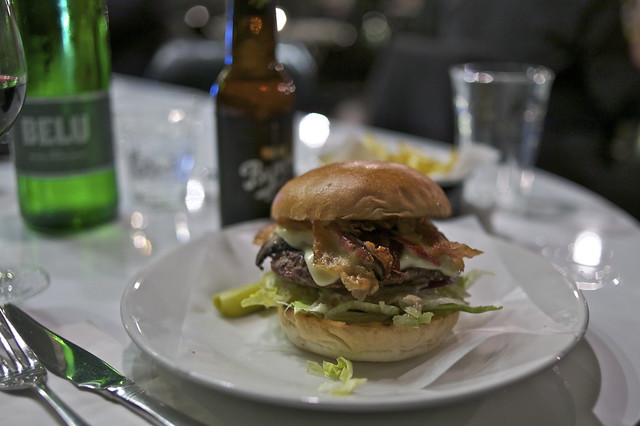There are certain diet myths that might be making it more difficult for you to reach your fitness goals and live a healthier lifestyle. In recent years, some of these myths have been brought to the public’s attention by experts who’ve conducted extensive research to debunk the misconceptions.
Here are five surprising facts that will likely change your perception of healthy eating.
Drinking More Water Doesn’t Shed Pounds
If you’re trying to lose weight, you’ve likely seen recommendations that suggest how drinking more water each day can help reduce food cravings and make it easier for you to lose weight. The body’s thirst and hunger mechanisms are different, and drinking more water will probably not make you feel fuller for long. If you increase your water intake too much, you could end up with a nasty tummy ache and risk lowering your blood sodium to dangerous levels.
Not All Fats are Bad
Contrary to popular belief, not all fats are bad for the human body. In fact, some fats are essential for good health and need to be eaten regularly with foods. Nina Teicholz, author of “The Big Fat Surprise,” challenges the notion that dramatically reducing fats, even saturated ones, is necessary for optimal health. Cutting out too much fat can prompt you to consume too many carbohydrates, which raises your risk for developing heart disease, diabetes and other health problems. Inadequate fat intake can also lower your HDL, or good cholesterol, and put you at risk for further health problems.
Eating Late Isn’t Always the Problem
The old notion that eating shortly before you go to bed will prompt your body to store more fat is another common nutrition myth. Calories don’t care what time of day you eat, and the important thing is to make sure that you don’t go over your recommended daily caloric intake. It’s still advisable, however, to avoid late-night snacking since you might be inclined to indulge in unhealthy foods during this time.
Salads Aren’t Always Healthier
The lettuce, tomatoes and other fresh veggies that are included in most salads are healthy, but your salad can have other ingredients that aren’t so good. Salad dressings often contain high amounts of calories, sodium and other additives that could be detrimental for your health. Salads can be made even more unhealthy with the addition of fried-chicken bits, cheese and bacon. In fact, some salads that are listed on restaurant menus are almost as unhealthy as cheeseburgers and other fattening foods. The vegetables in some bagged salads are washed in tap water that contains unhealthy chlorine levels.
“Fat-Free” Foods Might Make You Fatter
Processed foods that are labeled as “fat-free” or “low-fat” may be deceptively unhealthy. Quite often, these foods are packed with sugars, preservatives and other harmful ingredients to make them taste better. Flavored yogurt, salad dressing and peanut butter are often labeled as such to make them appear more nutritious. You might also be tricked into buying muffins, cookies and other sweets that feature these misleading labels.
Learning the truth about common eating myths can help you avoid certain pitfalls that will stand in your way to a healthier version of yourself. Arming yourself with the right information will make it easier for you to accomplish your nutrition goals.






















